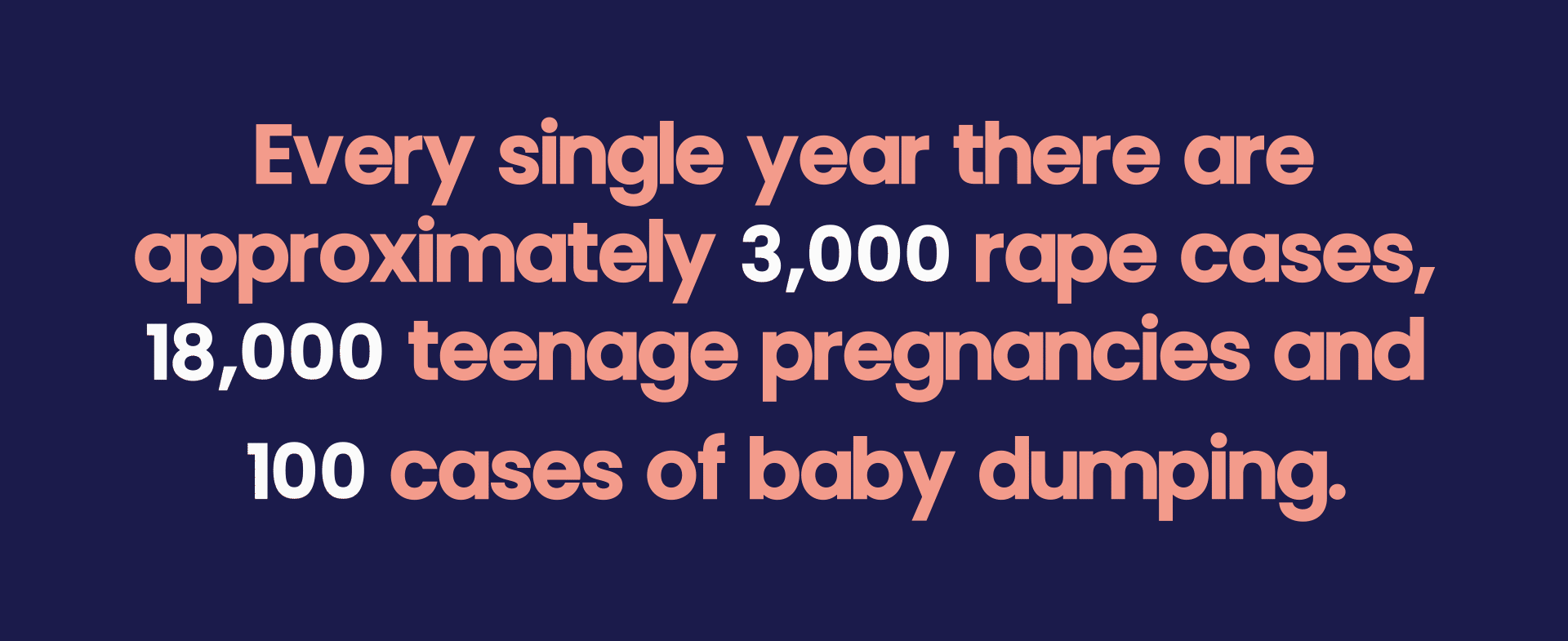


your modern and approachable guide to sexual wellness.
Vision
We envision Malaysia recognises young adolescent sexual development as natural and healthy, in which young people everywhere are supported and affirmed and the adults in their lives communicate openly and honestly with them about puberty, reproduction, relationships, sex and sexuality. In such a world, young people around Malaysia would have access to the information and support they need to develop into sexually healthy adults.
Mission
ThinkTwice harnesses the power of digital media to provide young adolescents around Malaysia with medically accurate, age-appropriate, affirming, and honest sex education they can access directly online—regardless of where they live or what school they attend.
-
Engaging, educational, age-appropriate, often humorous sex education videos for young adults.
-
Educational resources, including short videos, to build the skills of parents and guardians to better communicate with their children about sex and sexuality.
Why are we doing this?
Sex education allow people to make informed decisions about their sexual health. Yet the conservatism inclination and blatant misinformation with anything sex-related in Malaysia has prevented the implementation of an adequate sexual health education programme in schools outside of basic biology.
Why is honest, age-appropriate sex education, vital to the health and wellbeing of young people?
Thirty-five years of public health research clearly demonstrates that young people who receive honest, age-appropriate, non-judgmental information about puberty, relationships and sexual health are more likely to delay sexual initiation when they are young and to use condoms and other contraceptive methods when they do become sexually active. Further, quality sex education can help young people successfully navigate puberty, learn about healthy body image, distinguish between healthy and unhealthy relationships, and understand the concepts of consent and mutual respect.
So what can we do?
We designed a sex education programme offers teens a tool for obtaining critical health information they may not otherwise have access to in schools or from adults in their lives.

